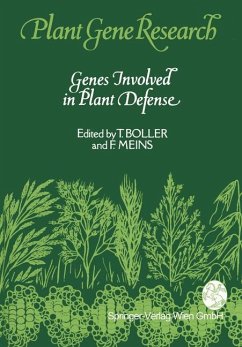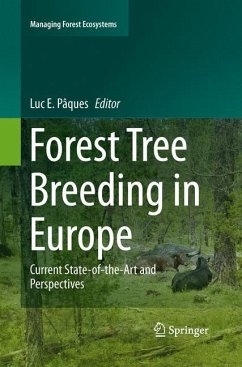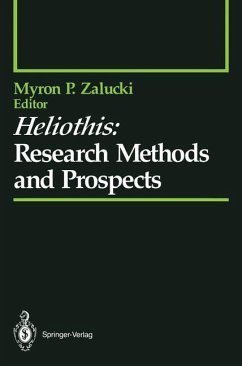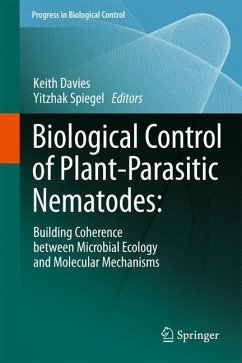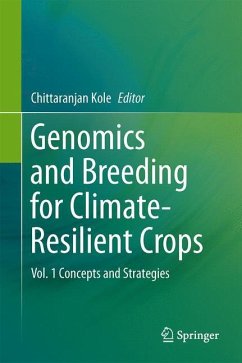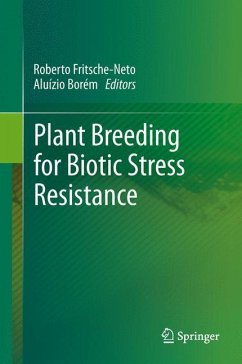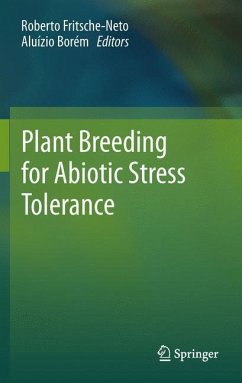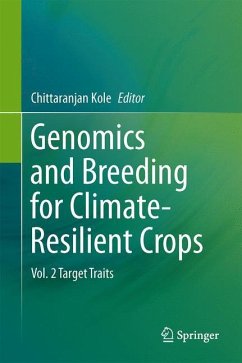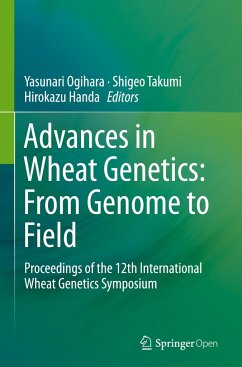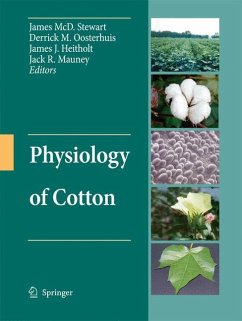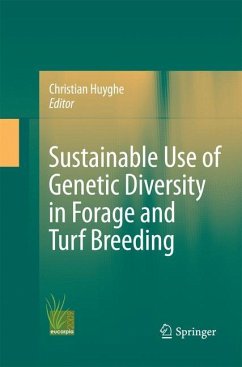
Sustainable use of Genetic Diversity in Forage and Turf Breeding
Versandkostenfrei!
Versandfertig in 6-10 Tagen
151,99 €
inkl. MwSt.

PAYBACK Punkte
76 °P sammeln!
Grassland produces feed for livestock, improves soil fertility and structure, protects water resources and may contribute to climate change mitigation through carbon storage and to biodiversity preservation. It simultaneously maintains sustainable economic outputs for farmers and provides ecosystem services. Turf similarly c- siderably contributes to our environment by adding beauty to our surroundings, providing a safe playing surface for sports and recreation. The species diversity present in most grasslands and turfs is a functional div- sity contributing to the previously mentioned agronom...
Grassland produces feed for livestock, improves soil fertility and structure, protects water resources and may contribute to climate change mitigation through carbon storage and to biodiversity preservation. It simultaneously maintains sustainable economic outputs for farmers and provides ecosystem services. Turf similarly c- siderably contributes to our environment by adding beauty to our surroundings, providing a safe playing surface for sports and recreation. The species diversity present in most grasslands and turfs is a functional div- sity contributing to the previously mentioned agronomic and environmental bene?ts. The species belong to different functional groups and the adequate species com- sition may maximise the agronomic performance through a higher production and a better quality and the environmental bene?ts through symbiotic nitrogen ?xation or sources of pollen and nectar to pollinators. In a given grassland or turf, the genetic diversity available in each variety contributes to this economic and environmental performance, but also to the stability of these performances including the stability of the resistance against pathogens and pests. Natural grasslands share many species with the sown swards. They may be regarded as favourable sites for in situ preservation of genetic diversity as well as valuable sources of diversity for breeding.





